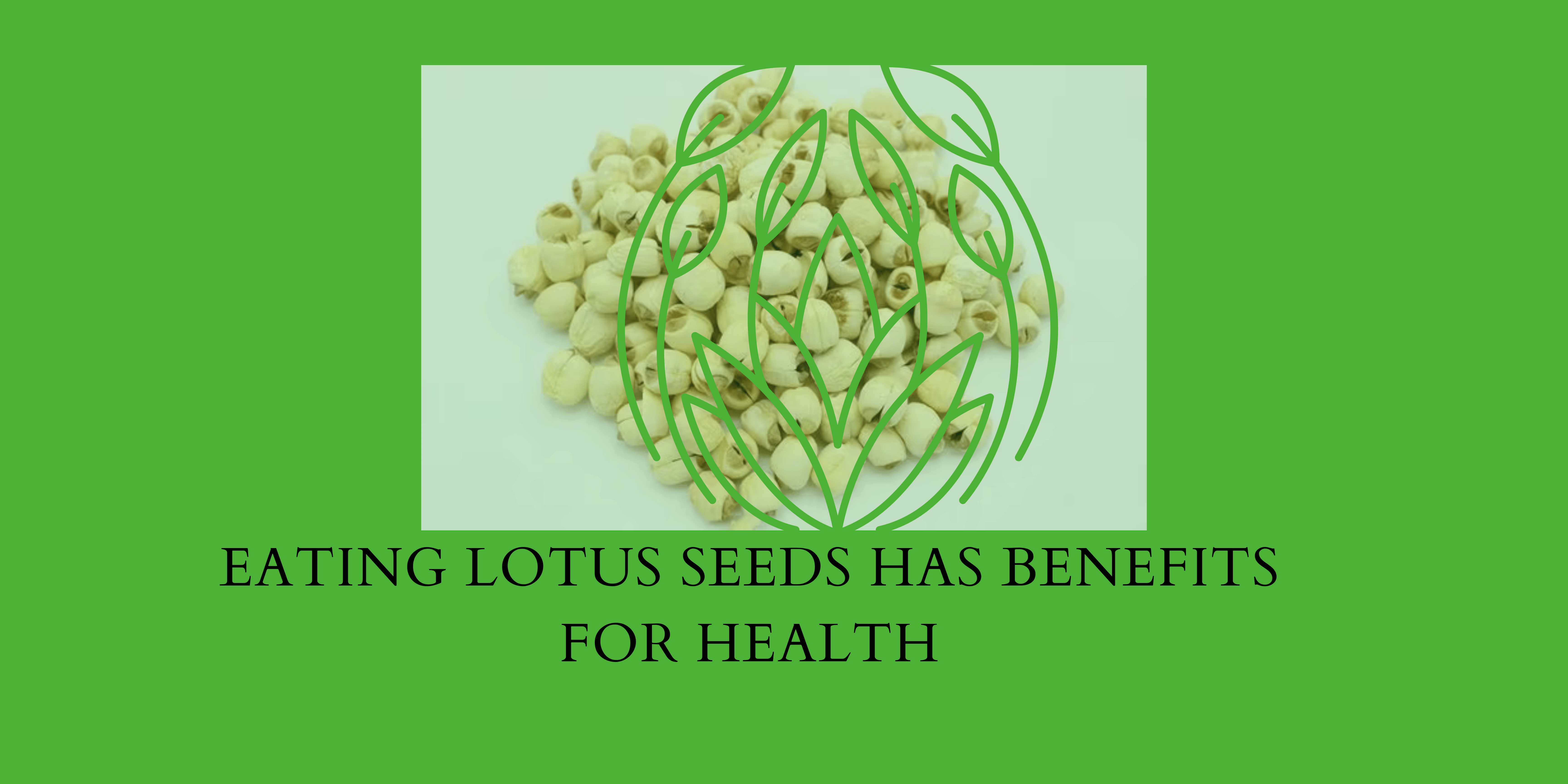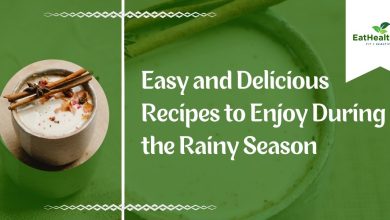Eating Lotus Seeds Has Benefits for Health
In recent years, there has been a growing trend towards rediscovering ancient foods and ingredients that offer remarkable health benefits. One such hidden gem is the lotus seed, a versatile and nutritious snack that has been consumed in various cultures for centuries. Packed with essential nutrients and health-enhancing properties, lotus seeds are gaining popularity as a healthy addition to modern diets.

Nutritional Profile of Lotus Seeds:
Lotus seeds, also known as “Makhana” or “Fox nuts,” are the edible seeds of the lotus flower (Nelumbo nucifera). These seeds are commonly found in the seedpod of the lotus plant and have been consumed in Asian countries like India, China, and Japan for their medicinal properties. Because they are low in calories and fat, lotus seeds are a great option for people trying to lose weight.
What makes lotus seeds truly remarkable is their impressive nutritional composition. They are an abundant source of protein, essential minerals like magnesium, potassium, and phosphorus, and vitamins like B-complex vitamins and vitamin E. This nutrient-rich profile makes lotus seeds a valuable addition to a balanced diet, contributing to overall health and well-being.
Health Benefits of Eating Lotus Seeds:
1. Rich in Antioxidants: Lotus seeds contain antioxidants that help combat the harmful effects of free radicals in the body. Antioxidants are essential for reducing oxidative stress, which is linked to various chronic diseases and aging.
2. Aids Digestion: Lotus seeds are easily digestible and contain dietary fiber, which supports healthy digestion. Including lotus seeds in your diet can help prevent digestive issues and promote regular bowel movements.
3. Heart Health: The low sodium and high potassium content in lotus seeds contribute to maintaining healthy blood pressure levels. Additionally, the seeds contain flavonoids that may help prevent the buildup of cholesterol in the arteries, supporting cardiovascular health.
4. Anti-Inflammatory Properties: Lotus seeds are known for their anti-inflammatory properties, which can help reduce inflammation in the body. This property makes them potentially beneficial for individuals dealing with inflammatory conditions.
5. Rich Protein Source: Protein is essential for building and repairing tissues, and lotus seeds provide a plant-based source of high-quality protein. They are therefore a fantastic choice for vegetarians and vegans who want to satisfy their protein requirements.
6. Calming and Stress-Reducing: In traditional medicine practices, lotus seeds have been used to promote relaxation and reduce stress and anxiety. They contain natural compounds that have a soothing effect on the nervous system.
Incorporating Lotus Seeds into Your Diet:
Lotus seeds have a wide range of uses and are very adaptable. They are often roasted to enhance their nutty flavor and crisp texture, making them a satisfying and healthy snack option. Roasted lotus seeds can be seasoned with a variety of spices to suit different tastes.
Furthermore, lotus seeds can be used in both sweet and savory dishes. They can be added to soups, stews, curries, and desserts, providing a nutritional boost and a unique texture to your meals.
In conclusion, the resurgence of interest in ancient superfoods has shed light on the impressive health benefits of lotus seeds. Their nutrient-rich composition, combined with their versatile culinary uses, makes them a valuable addition to any diet. Whether you’re aiming to improve heart health, digestion, or overall well-being, incorporating lotus seeds into your meals and snacks can be a wise and delicious choice. As with any dietary change, it’s recommended to consult with a healthcare professional before making significant alterations to your diet, especially if you have existing health conditions or allergies.




